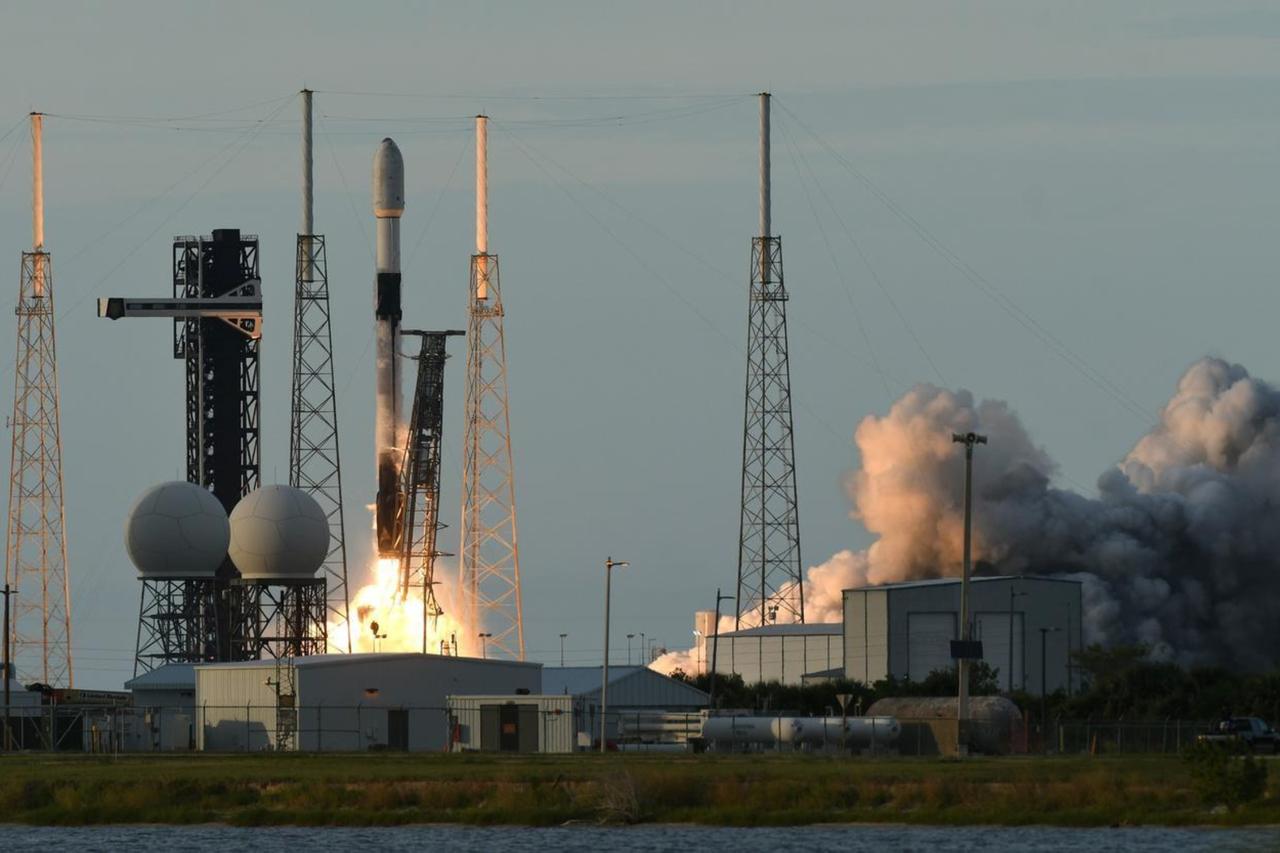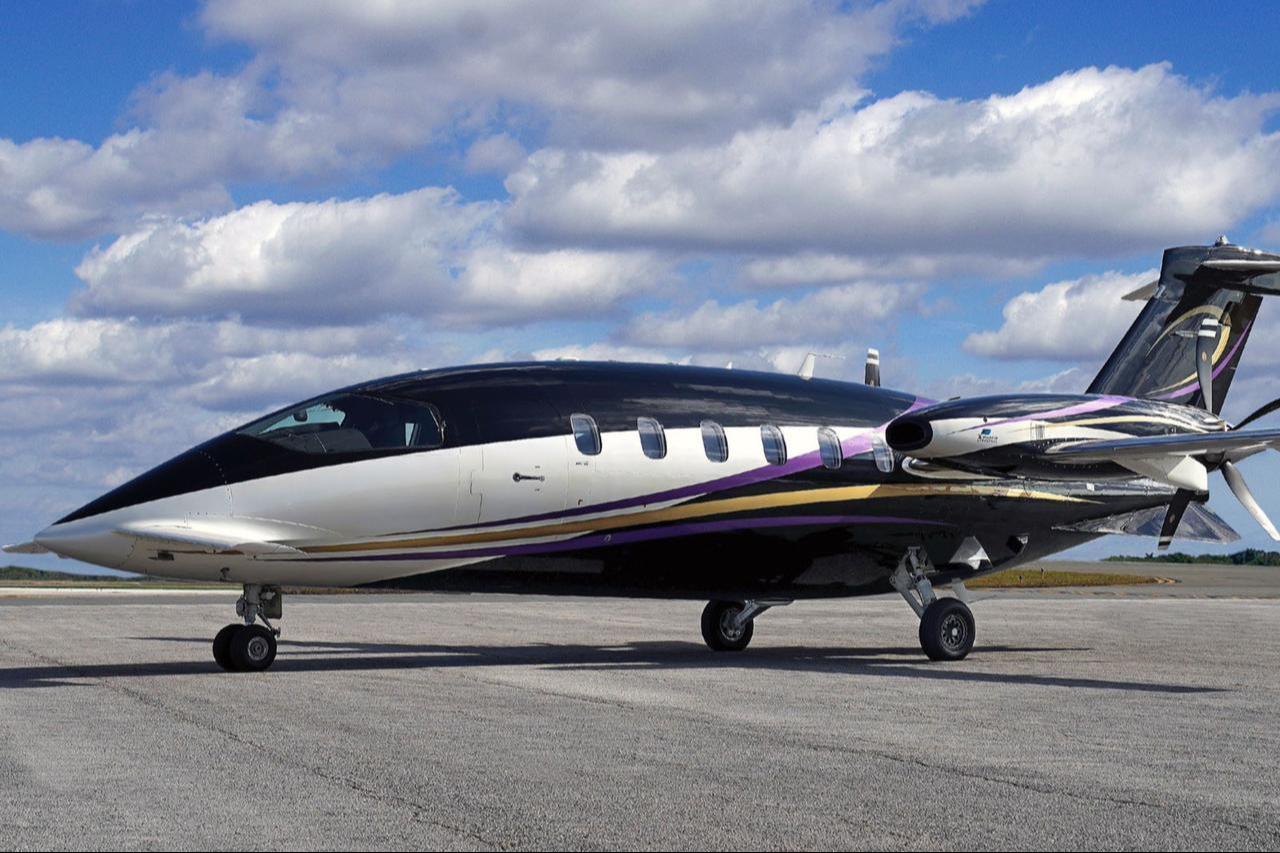
Türkiye has allocated nearly ₺9 billion ($214.58 million) for its space and aviation activities in 2026, marking a record increase in funding under the National Space Program.
According to the 2026 Central Government Budget Draft, the country aims to expand its initiatives in the “space homeland” following its first manned space mission, focusing on diversifying projects in space, aviation, and defense industries.
The budget for space and aviation, which stood at ₺5.05 billion in 2025, will rise to an all-time high of ₺8.73 billion in 2026. The funding reflects Türkiye’s determination to advance its National Space Program after astronaut missions by Alper Gezeravci and Tuva Cihangir Atasever and the launch of the TURKSAT 6A satellite.
Under the program, Türkiye will support domestic production of critical materials and components required in strategic sectors such as space, aviation, and defense. The plan also includes developing low-cost small satellite platforms and conducting research and development activities for new satellite technologies.
Türkiye is set to host the International Astronautical Congress (IAC), one of the world’s largest space events, from Oct. 5 to 9 next year in Antalya. The congress will bring together global authorities, governments, academics, and investors in space and aviation, fostering new cooperation opportunities in the field.

The budget allocated to the Turkish Space Agency (TUA) for next year is planned at ₺5.91 billion. The agency will contribute to several key projects, including the establishment of a Space Weather Application Center to monitor and model changes in space conditions.
Türkiye’s goal of achieving its first “contact with the Moon” also remains on track. Under the Moon Project, a spacecraft designed and built by TUBİTAK Space Technologies Research Institute (UZAY) is expected to reach the Moon in 2027.
Within the National Space Program, Türkiye aims to create a competitive commercial brand in next-generation satellite development, establish a regional positioning and timing system, enable direct access to space, and build a national spaceport. Increasing investment and expertise in space weather and meteorology are also among the country’s main objectives.